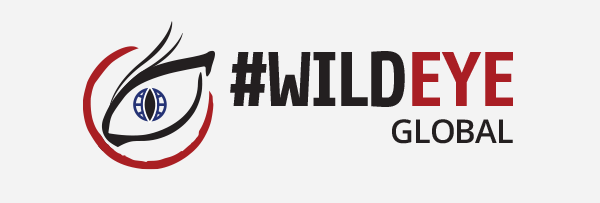The Oxpeckers Center for Investigative Environmental Journalism is Africa’s first journalistic investigation unit focusing on environmental issues. The Center combines traditional investigative reporting with data analysis and geo-mapping tools to expose eco-offences and track organised criminal syndicates.
Oxpeckers is a non-profit company that aims to dramatically improve the quality and impact of environmental journalism, in Africa and other parts of the globe, by:
- Providing a home for investigative journalists interested in environmental issues;
- Hosting geo-narrative platforms that use cutting-edge mapping techniques and forensic data tools to improve reportage;
- Sharing investigative resources / source documents / data, as well as specialist tools and skills through Oxpeckers manuals and workshops;
- Curating specialist environmental reporting and research projects on behalf of media partners;
- Publishing our own exclusive environmental investigations, in both legacy and new media, as well as through eBooks and other channels.
WHAT WE DO
Oxpeckers uses best-of-breed mapping visualizations and geo-data analysis to track and expose the criminal syndicates, corrupt officials and greedy corporations that are looting Africa’s natural resources across international borders.
Complex stories are told visually using dynamic infographics, “single story” animated maps and data visualization to augment more traditional story packages.
Oxpeckers is developing the most comprehensive database of eco-offences in Africa. The resulting reportage is published online and through media partners, with the underlying evidence and other source materials available to other media and environmental guardians for use in their own work.
WHO WE ARE

Oxpeckers was founded and is headed by Fiona Macleod, a leading investigative environmental journalist who is pioneering the use of new media tools to expose eco-offences and to track offenders around the world.
Prior to founding Oxpeckers, Macleod worked as an award-winning journalist and editor at a range of the region’s top media. She served as environment editor at the Mail & Guardian newspaper for 10 years, and was awarded the coveted Nick Steele Award recognising her contributions to environmental conservation through her pioneering reportage.
Under her leadership, Oxpeckers has received both peer recognition and numerous awards, including an International Anti-Corruption Excellence Award in 2025. (See more accolades at the bottom of our home page.)

Anne Driffill-Cruse is our accounting officer and office manager. With more than 26 years of experience in bookkeeping and accounting, she has served a range of South African companies. Her contribution to the Oxpeckers Center since its founding has included registering it as a non-profit company and setting up our accounting and admin systems.
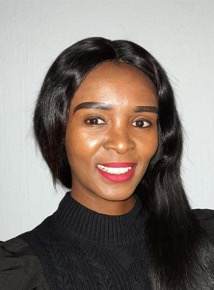
Sesi Makhanthisa joined Oxpeckers as Operations Manager in 2026. She is an experienced operations leader with more than 10 years in business administration, project management and operational excellence across sectors. She holds a project management certificate from the University of Johannesburg, and is currently pursuing a bachelors degree in applied social sciences in counselling and psychology at the South African College of Applied Psychology. A dedicated advocate for social justice, Sesi serves on several boards, including Give Hope Foundation.
ASSOCIATES
Oxpeckers works with a network of journalists based around the globe who specialise in environmental reporting. Embedded Oxpeckers associates, on secondment from other media outlets in Africa, Asia and Europe, can spend three-month fellowships with the unit using our resources and tools to investigate major environmental stories for their home audiences and home media.

Anina Mumm is a science journalist, digital media specialist and entrepreneur. She is a long-time Oxpeckers associate, as well as the chairperson of SciBraai and co-founder of ScienceLink, a company that helps scientists connect with the world. In 2024 she joined the Council for Scientific and Industrial Research as a research, development and innovation communication practitioner.

Andiswa Matikinca joined Oxpeckers in September 2018 to manage our extractives digital tool, #MineAlert, and has worked as an associate journalist across all our mobile and web-based tools. In 2025, she won an International Anti-Corruption Excellence (ACE) Award for her groundbreaking work in the Oxpeckers collaboration investigating cross-border lithium smuggling. She is a graduate of Rhodes University, where she majored in journalism, media studies and sociology, and in 2025 she started pursuing a postgraduate diploma in Sustainable Development at Stellenbosch University.
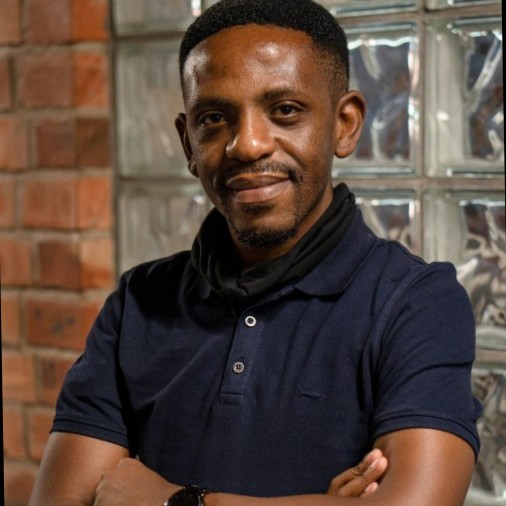
Thabo Molelekwa is an Assistant Editor at Oxpeckers. In 2022 he graduated from the Oxpeckers #PowerTracker Training Programme and moved on to report on green energy projects and the energy transition for our #PowerTracker project. He was previously a health journalist at Health-e News, and the coordinator of the Heinrich Böll Foundation’s citizen journalism project reporting on climate change.

Roxanne Joseph heads up the Oxpeckers Academy, training journalists, academics and conservationists from across the globe. She has been working with Oxpeckers since 2018, inter alia managing our environmental crime programme and digital tool #WildEye, and our #PowerTracker programme. She graduated from Wits University with an honours degree in journalism and media studies.
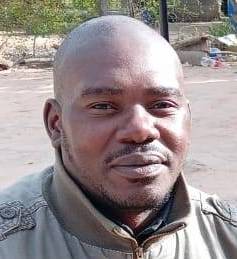
Tulani Ngwenya is an investigative journalist and editor with more than eight years’ experience in exposing environmental crime, corruption, and social injustice. In 2021 he received training from the Oxpeckers’ #WildEye Academy, and he is a former trainee of WWF’s Khetha Programme. He holds a Master’s degree in cultural and media studies from the University of KwaZulu-Natal and is currently pursuing his PhD.
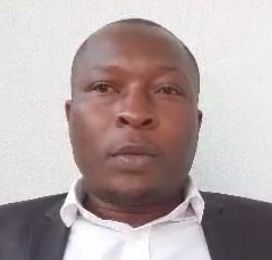
Tatenda Prosper Chitagu is a multi-award-winning multimedia environment, climate and science investigative journalist from Zimbabwe with 20 years’ experience. After participating in an Oxpeckers training session titled the Nexus of Environmental and Data Journalism in early 2024, he continues to collaborate with our #PowerTracker project on investigating new energy and critical minerals. In 2025, he won an International Anti-Corruption Excellence (ACE) Award for his collaboration with the Oxpeckers team investigating cross-border lithium smuggling. He holds a Masters degree in Media and Society Studies from the Midlands State University.
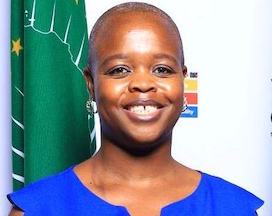
Marcia Moyana is an award-winning South African freelance journalist who works on the Oxpeckers #PowerTracker programme. She holds a bachelor’s degree in journalism from the Tshwane University of Technology and is currently completing a masters degree in journalism at Stellenbosch University. In 2023 Marcia was named SADC Print Journalist of the Year by the South African government through the Government Communication and Information System (GCIS). She was the inaugural Grow Great journalist of the year in 2019, and in 2020 she was one of the top five finalists in the APO Group African Women in Media awards.
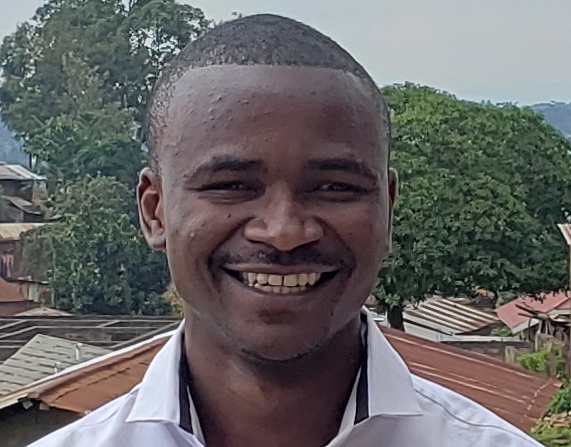
Jonas Kiriko is a journalist based in the Democratic Republic of the Congo (DRC) who works with Oxpeckers on transnational data-based multimedia investigations into environmental crimes. He is the InfoNile coordinator in the DRC, and has a degree in information and communication sciences: multimedia publishing from the Université de l’Assomption au Congo (UAC).
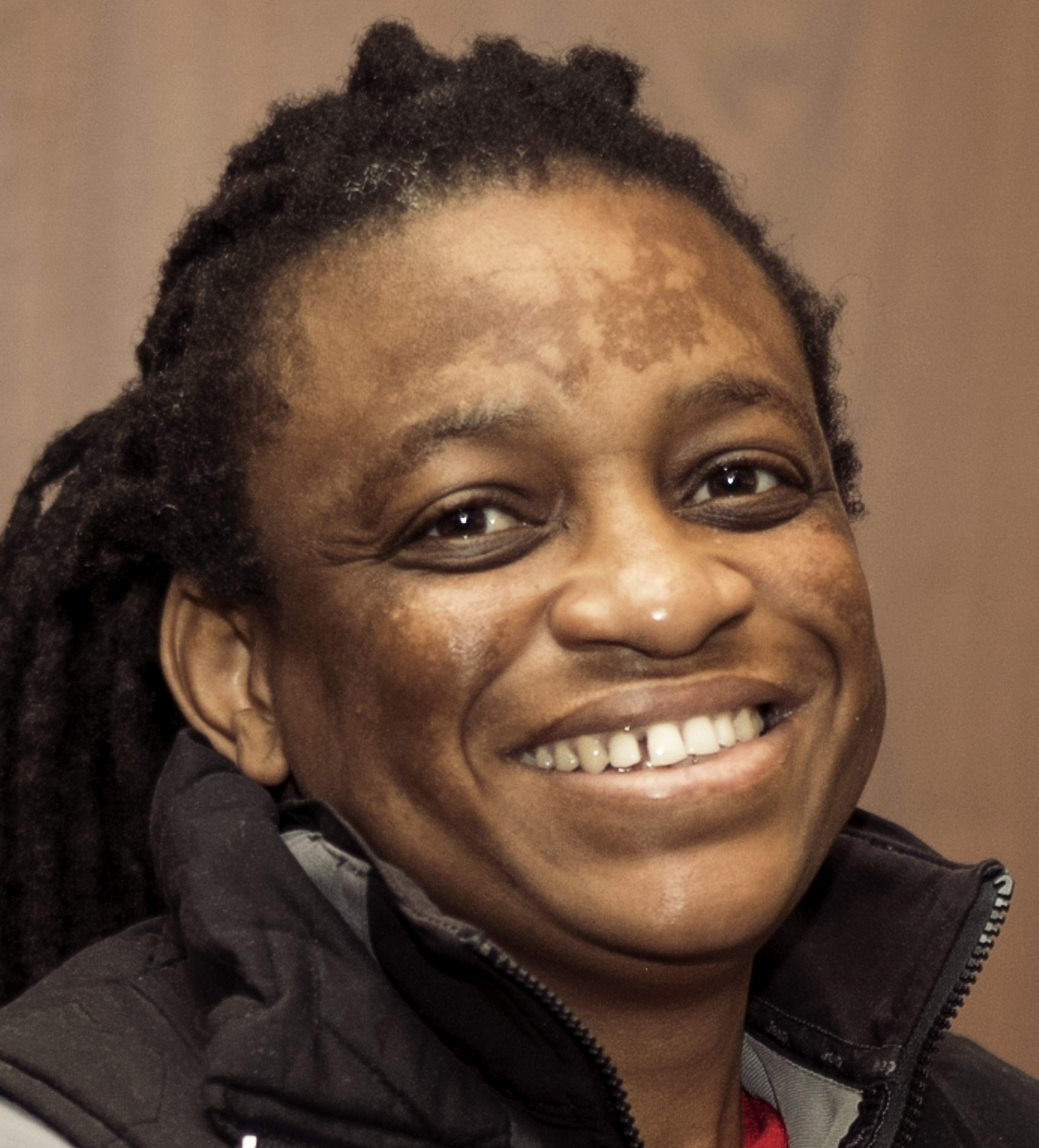
Dianah Chiyangwa is a Zimbabwean-born freelance photojournalist, writer and curator based in Johannesburg. She collaborates with Oxpeckers on several projects, including our #PowerTracker programme. Her work focuses on the climate crisis, environmental issues, women and children, migration, health and gender justice.
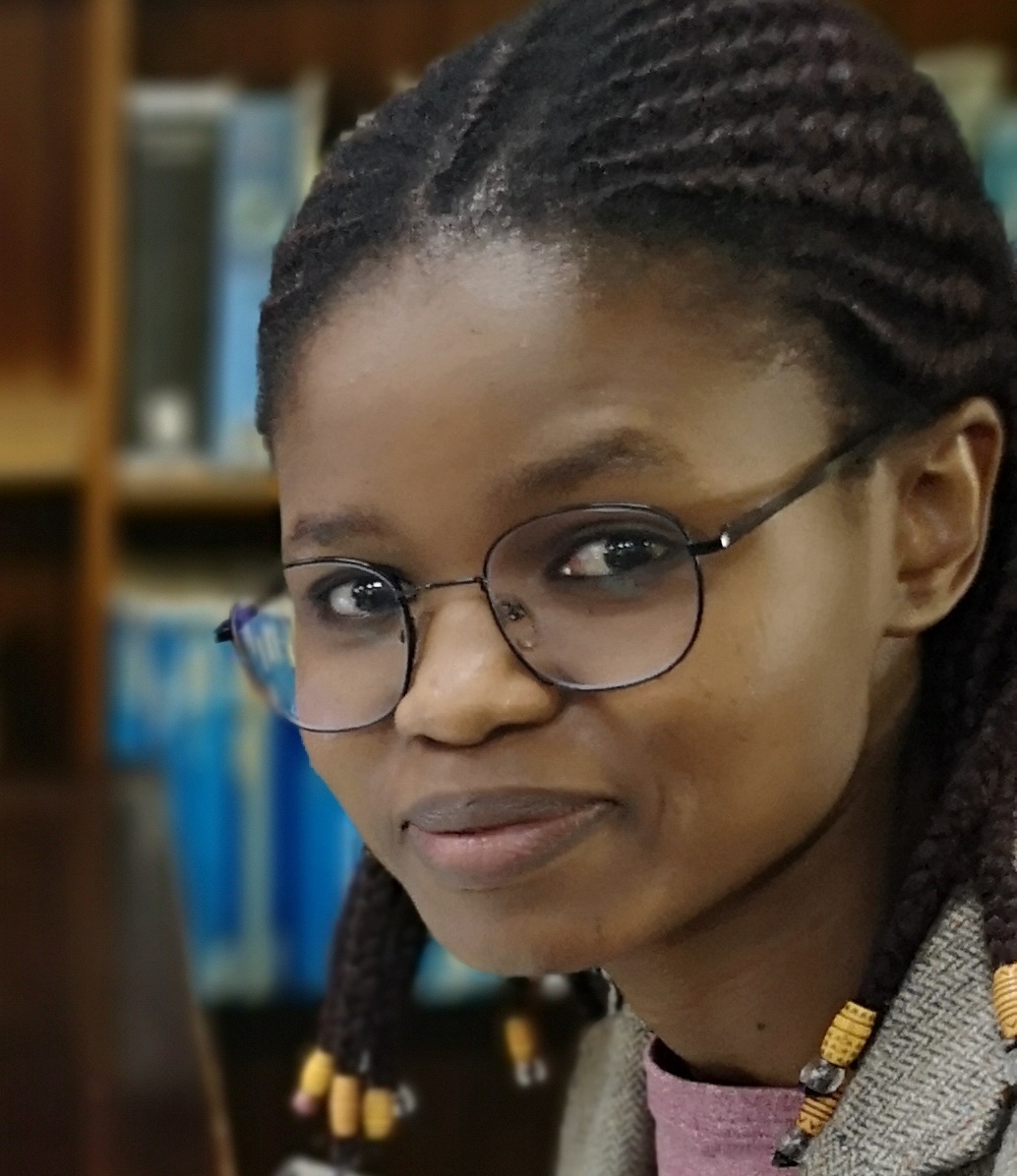
Nompumelelo Mtsweni worked with Oxpeckers as a data wrangler and trainer, focusing on environmental crime for our #WildEye tool and renewable energy for our #PowerTracker project. Since 2024 she has been based in the UK, working as a software developer focusing on 3D graphics, geospatial data, Immersive tech, and AI-related projects.

Tholakele Nene acted as manager of the Oxpeckers extractives digital tool, #MineAlert, and an associate journalist across all our mobile and web-based tools for three years. In July 2017 she was named one of the 200 most influential young South Africans by the Mail & Guardian. In July 2023 she joined Code for Africa’s Knowledge team as a community coordinator.

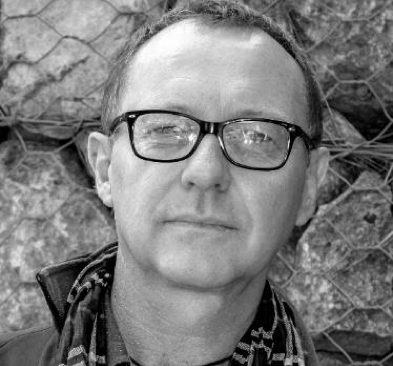
Derick du Toit is a learning specialist working with the Oxpeckers Academy. He specialises in project development, scientific research, training programmes, public participation facilitation, resource materials development, reporting and evaluation. He has a Masters degree in environmental education, and has managed projects in education and natural resources management for a wide range of institutions.

Hsiuwen Liu is a journalist based in Hong Kong. Her reporting focuses on geopolitical developments, human rights and social justice around the region. Topics she has covered range from political trauma, disinformation, illicit trade and wildlife trafficking. She has covered a variety of investigations for the Oxpeckers environmental crimes platform #WildEye, and for publications in Hong Kong.
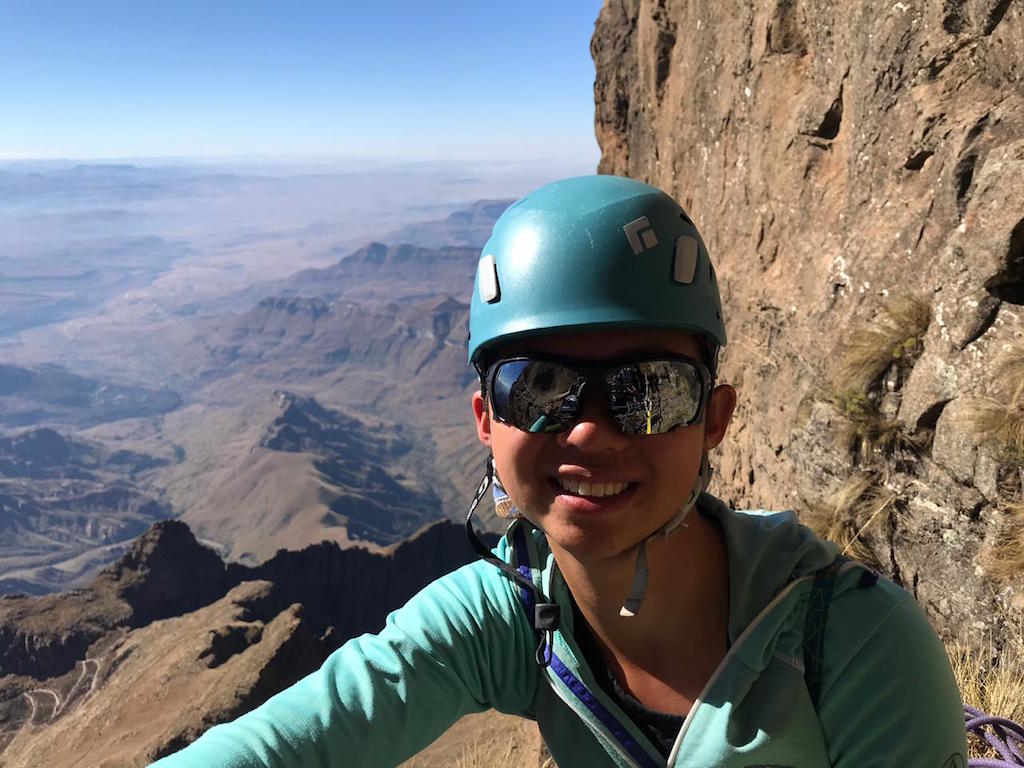
Yuexuan Chen served as an intern at Oxpeckers in mid-2019, and has since collaborated with us on various transnational investigations. After her Oxpeckers internship, she studied at Duke University in the US, graduating with majors in public policy and biology, and a certificate in Policy, Journalism, and Media Studies. In 2021 she was based in Beijing for a one-year master’s degree in global affairs funded by Schwarzman College, and started an internship in the health and environment department at 知识分子 (The Intellectual), a science news NGO in China that works with China Dialogue.
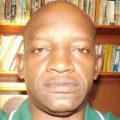
Oscar Nkala is a Zimbabwean freelance journalist and wildlife crimes researcher who works with Oxpeckers on transnational investigations across borders in sub-Saharan Africa, exposing environmental crimes and the syndicates involved. He developed pioneering dossiers of work investigating the donkey skin trade, available in our Donkey Trade Files. and the human cost of energy in Africa here.
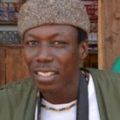
Estacio Valoi is a Mozambican journalist who works with Oxpeckers in transnational investigations into environmental problems in the sub-Saharan region. Topics he has covered range from poaching to climate change, timber looting and wildlife trafficking syndicates. He has also covered a wide range of investigations for Zambeze newspaper in Mozambique and as a freelancer for international media outlets.
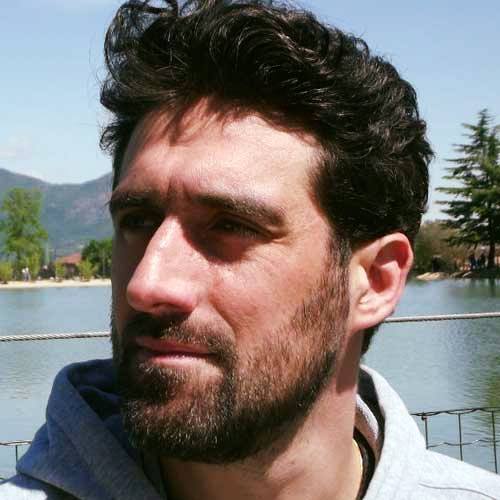
Rudi Bressa is an Italian freelance environmental journalist who assists Oxpeckers with transnational investigations into environmental crime in Europe. He also writes about energy transition and sustainable development, and contributes to Huffington Post, LifeGate, Le Scienze and other media. He has managed data journalism projects with Oxpeckers investigating the illicit financial flows of online wildlife trafficking, tiger trade and illegal timber routes in Europe.

Lawrence Seretse was one of the founding Oxpeckers Associates, collaborating with the unit on cross-border investigations into environmental and wildlife crimes. Based in Botswana, in 2014 he became editor and head of investigations at The Botswana Gazette. In January 2026 he was appointed as the Botswana government spokesperson.

John Grobler is a seasoned investigative reporter based in Windhoek, Namibia, working with Oxpeckers on investigating the overlap between natural resource exploitation, corruption and organised crime. He was co-winner with Oxpeckers editor Fiona Macleod of the Environment Award at the CNN MultiChoice African Journalist Awards in 2016. His most recent work for the Oxpeckers #PowerTracker programme interrogates the environmental, socio-economic and political impacts that the Orange Basin Corridor oil and gas developments could potentially bring.

Yolandi Groenewald is a seasoned environmental reporter based in Johannesburg. Her stories focus on climate change, food security, development, science, pollution, energy, water and sanitation. She previously worked as environmental reporter for the Mail & Guardian for 10 years, where her investigations won several national awards – including finalist in the prestigious Taco Kuiper Investigative Journalism Awards. In 2015 she won the Zimeo Award for Media Excellence in the health category. She recently authored a Greenpeace report on new coal power stations and water resources. She was a regular contributor for City Press, and in June 2017 was appointed Johannesburg bureau chief at Fin24.

Rehana Dada is one of the founding Oxpeckers Associates. She works across advocacy, journalism and communications, with a focus on environment and conservation, earth sciences, and development. She currently works for Justiça Ambiental! in Mozambique on the StopMozGas campaign. She is a filmmaker and science communicator, and occasionally a researcher in sustainability. She is a Knight Science Journalism Fellow.
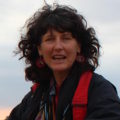
Michelle Nel has worked as a freelance environmental journalist, photographer and editor for more than 20 years. She is a member of Al Gore’s Climate Leadership Corps and was the first freelancer to win the SAB Environmentalist Journalist of the Year Award for print. She serves on the Linbro Park Environmental Monitoring Committee in Gauteng, which aims to turn a closed landfill site into a recycling and recreational area. She has helped numerous organisations with their communications strategies on issues ranging from people and parks to wetlands.
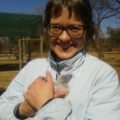
Louise de Bruin is an academic journalist and regular contributor to oxpeckers.org. She has worked in academia since completing her masters degree in human rights at the University of Pretoria. Previously manager of the Sean Williams Living Creatures Trust and foreign policy researcher at the Centre for Human Rights, her true passion is South Africa’s wildlife and wild spaces. In July 2015 she was appointed administrator of the Game Rangers Association of Africa.

Crystal Ching Chow is an award-winning Hong Kong-based journalist who has covered Southeast Asian affairs, environmental impacts of Chinese investment in Africa, and global issues relating to human rights and climate change for various Chinese-language media outlets. A former recipient of the Earth Journalism Network’s CCMP media fellowship and Africa-China Reporting Project’s journalism grants, she won a Human Rights Press Award under the Chinese Feature News category in 2017, and the Environmental Story Merit Award at the Asian Environmental Journalism Awards in 2019 for her investigation on the illegal abalone trade in South Africa and its connections to the Chinese markets. She holds an MSc in Global Energy and Climate Policy from SOAS, University of London.

Hongqiao Liu was an Oxpeckers Fellow in 2013, focusing on wildlife trafficking links between South African and Asia. As a result of her investigations, she won a Merit Award in the Asian Environmental Awards in October 2014. Liu is now a reporter at China Dialogue and a journalist at Southern Metropolitan Daily in China, as well as a principal researcher at China Water Risk. She was awarded the title of Young Journalist of the Year by China Dialogue and the Guardian in 2013.

Shi Yi is a Chinese environmental journalist who served as an Oxpeckers Fellow in 2015, exposing wildlife trafficking routes from Namibia to Asia. For these investigations she won the coveted Journalist of the Year Award at the China Environmental Press Awards in June 2016. She has been based at the influential Shanghai news website called The Paper since 2014. Her reports cover topics such as climate change, biodiversity and pollution issues in China. Before joining The Paper, she was an investigative journalist at Oriental Morning Post in Shanghai.

Hongxiang Huang was an Oxpeckers Fellow in 2013. He is the founder of China-South Dialogue and a freelance journalist for media such as Southern Weekly and the Atlantic. His focus has been on Chinese investment and related social, environmental conflicts in Africa and South America. He graduated from the MPA-Development-Practice programme at Columbia University in New York.

Mark Olalde is an investigative environmental reporter and photographer. He has covered South Africa’s legal and illegal mining industries for the Oxpeckers #MineAlert series of investigations. His past work ranges from the Caribbean to Malawi, where he aims to bridge the gaps among academic research, public opinion, and on-the-ground realities with his multimedia stories. He holds a degree from Northwestern University in the United States.
DIRECTORS

Richard Spoor is one of South Africa’s foremost public interest law practitioners. He is an attorney with particular expertise in the fields of constitutional and administrative law, environmental law, land reform and mining. His cases include representing asbestos miners suffering from lung diseases in a successful action that led to more than R380-million in compensation; and representing more than 23,000 former gold miners suffering from silicosis in a class action for damages against members of the South African gold mining Industry. In November 2019 he was awarded the Gauteng Department of Social Development’s Man of the Year award ‘for being a role model to lawyers and young men in challenging social injustice’.

Marlaine Pretorius is an independent leadership coach, thinking partner, facilitator, and strategist with a deep love for the wider natural world. Her diverse career has spanned numerous industries and various roles, both internationally and doing business on the African continent. She founded Omnicentre, an organisation that focuses on leadership and nature, after spending more than 25 years in the corporate world.

Margaret Raubenheimer is a management consultant, corporate governance expert and tax advisor on all trading entities. Her experience as an auditor since January 1985 ranges from dealing with large companies to small, owner-managed entities and parastatals, as well as being involved with tax, tax planning, estates, etc. She is currently a director of A2A Kopano Inc, Stabilis Inc and of Hospice Nelspruit.
ADVISORS

Ron Nixon is an international investigations editor at The Associated Press. Previously he was Washington correspondent for The New York Times for eight years. He specialises in investigative reporting and data journalism, and has also been an environmental reporter. Nixon has extensive experience in reporting in African countries, and has trained journalists from several African countries in investigative reporting techniques. He is chairman of the board of 100Reporters, is on the board of the Great Lakes Media Center, and is a visiting associate for media and journalism studies at the University of the Witwatersrand Journalism programme.

Khadija Sharife is an investigative journalist, researcher and Africa editor at the Organised Crime and Corruption Reporting Project (OCCRP). She is the director of Plateforme de Protection des Lanceurs d’Alerte en Afrique, board member of Finance Uncovered and the Global Investigative Journalism Network, and fellow with the World Policy Institute. Previously she was the editor at the African Network of Centres for Investigative Reporting (ANCIR). She has worked with forums including Pan-African Parliaments, African Union, OECD and UNEP, among others. She is the author of Tax Us If You Can: Africa, and holds an LLM in financial law. Her focus is illicit financial flows, natural resources and political economy.

Russell Baloyi has worked extensively on issues of environment and development in both the public and private sectors in South Africa and abroad. He played a crucial role in establishing the Midrand Eco City Project and is team leader of the national Greenest Municipality competition. He is founder of EnviDev Consulting, which assists municipalities to develop integrated waste management plans, trains community members as Eco-guides, and assists the National Youth Development Agency with youth recycling and green economy collaborations. He is a recipient of the Weekly Mail & Guardian Greening the Future Award, the Sowetan Youth Leader of the Year and the Clinton Democracy Fellowship.

Gustavo Faleiros is a journalist and media trainer who specialises in data and geo journalism. He is the environment investigations editor at the Pulitzer Center and the founding editor of InfoAmazonia, a digital mapping website that uses satellite and other data to monitor the destruction of the Amazon rainforest. Faleiros helped create the Amazon Communications Network and the Brazilian environmental news site O Eco. He is a former manager of the Earth Journalism Network and Knight International Journalism Fellow.

Justin Arenstein is an award-winning journalist and media strategist who works with partners across Africa to help strengthen investigative reporting, while also helping media owners adopt new technologies and build more robust business models. He was instrumental in establishing four major media non-profit organisations: the continental Forum for African Investigative Reporters, the Code for Africa open data movement, the Association of Independent Publishers, and the Southern African Freelance Association. Arenstein currently serves as an advisory committee member on the World Bank and International Finance Corporation’s Disclosure to Development (D2D) committee, which works to enhance the effectiveness of data disclosures about natural resources and extractive industries across the world.

